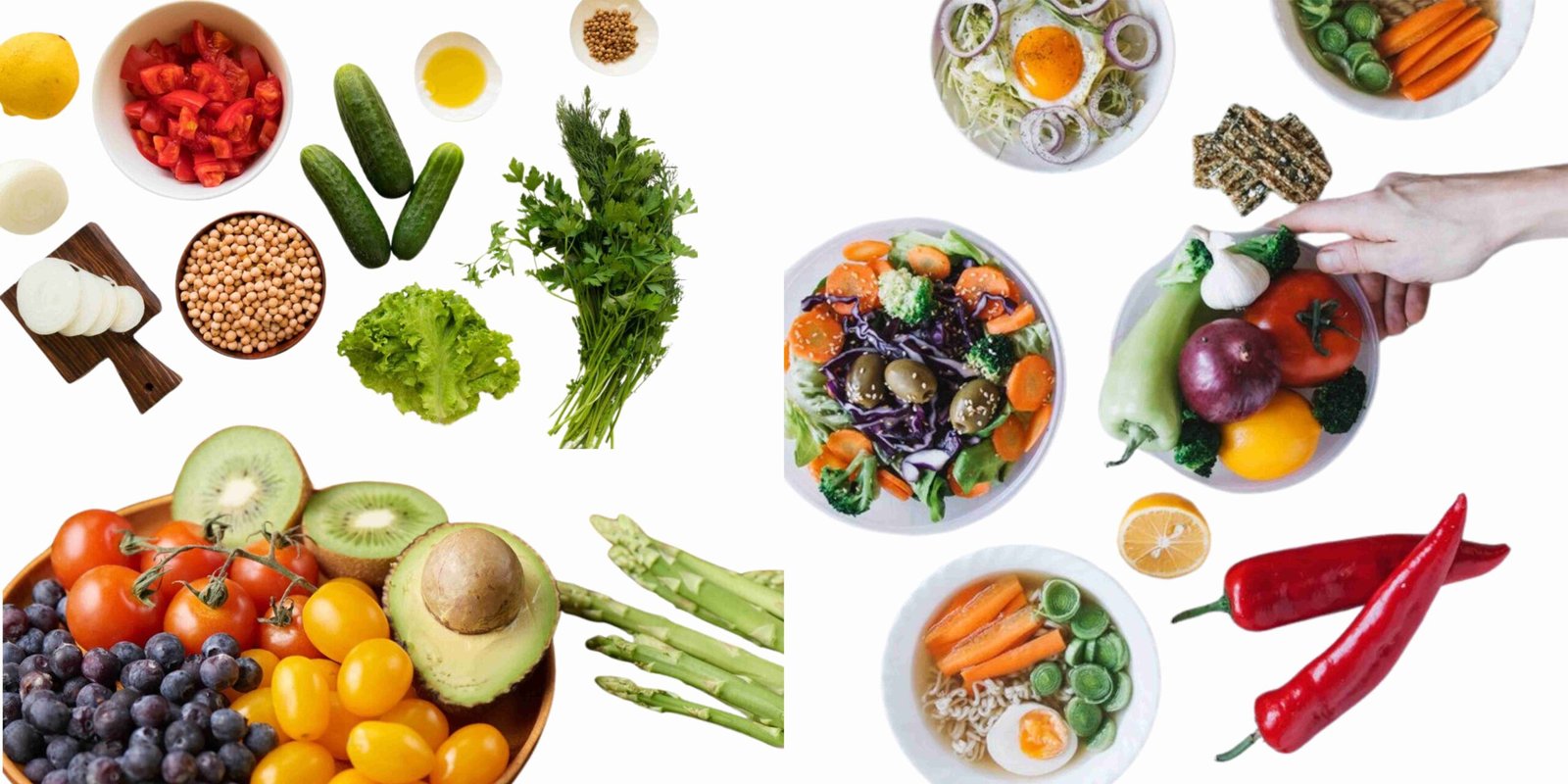Plant-Based Nutrition
best A news-Plant-Based Nutrition In the past few years, a lot of people have become interested in eating only plants. People are eating a lot less meat and a lot more vegetables. What does it mean to eat only plants, and why is it good for you? There is a lot of information in this piece about plant-based diet. This piece lists the pros and cons of moving and gives good moving tips.
What is nutrition based on plants?
On a plant-based diet, you eat mostly things that come from plants. Nuts, seeds, oils, whole grains, legumes, beans, fruits, and veggies are all in this group. You don’t have to give up all meat and animal goods to be a vegetarian or catholic. It means that most of the food you eat comes from plants.
Types of Diets Based on Plants
Different kinds of plant-based meals have their own qualities, such as
- Veganism doesn’t eat any animal goods, like meat, dairy, or eggs.
- On a vegetarian diet, you can eat cheese and eggs but not meat.
- Flexitarians eat mostly plants, but sometimes they also eat meat and other animal products.
- On a pescatarian diet, you can eat fish and seafood but not other animals.
There are differences in how much plant-based foods are stressed in each of these plans, but they all have the same goal: to make you healthier by eating more plant-based foods.
Pros of eating a plant-based diet
Eating only plants is good for you and the land in many ways.
Good for your health
- A lot of plant-based foods have good fats, vitamins, and fiber. It’s possible that these things will keep you from getting heart disease. Vegetable eaters are more likely to have low blood sugar and cholesterol.
- Weight Loss: Plant-based foods often have less fat and more fiber, which can help you lose weight and keep it off.
- Healthier: If you eat a lot of plant-based foods, you may be less likely to get Alzheimer’s, diabetes, and some types of cancer. Plants have acids and antioxidants that can protect cells from harm.
- Better gut Health: Eating foods that are high in fiber can help your gut health and keep you from getting diverticulosis and constipation.
Benefits for the environment
- It usually takes less time, money, and energy to grow plant-based foods than to raise animals, which means that less carbon dioxide is released into the air. This means that foods made from plants are better for the earth.
- Do not throw away water. Usually, it takes less water to grow food plants than it does to grow food animals. You can help save water if you eat more plant-based foods.
- When people keep a lot of animals, they often destroy the homes of animals and kill species. If people eat more plants, animal farms can be shut down. This might help keep animals safe.
Problems that come up when you try to eat only plants
Giving up meat and dairy can be tough, even though there are lots of good things about it.
Nutritional Things to Think About
It is very important to get all the nutrients you need when you are on a plant-based diet. You should pay extra attention to minerals that are:
- Protein: Tofu, rice, beans, lentils, and many other plant-based foods have protein. To get all the amino acids your body needs, eat a variety of plant-based foods.
- vitamin B12: This vitamin can only be found in foods that come from animals. Some vegetarians and vegans might need to eat more or take vitamins.
- ron: Heme iron is better absorbed by the body than non-heme iron, which is found in plant-based foods. In addition to these vitamin C-rich foods, you should eat iron-rich plant-based foods like spinach, beans, and enriched grains. This is how our bodies should use iron.
- Calcium: Most people get their calcium from dairy, but you can also get it from tofu, nuts, leafy greens that have calcium added to them, and plant milks.
- EPA and DHA: You can get EPA and DHA from flaxseeds, chia seeds, walnuts, and pills made from algae. They make your brain stronger.
Things that are social and cultural
People’s habits and the way they live can also make it hard to switch to a plant-based diet. You might need to talk and plan more when you go out to eat, are with friends, or want to make sure that the whole family eats together.
How to Make the Switch to a Plant-Based Diet Work in Real Life
It’s not hard to switch to plant-based foods. Here are some tips that will help you get started:
Take your time.
There’s no need to make all the changes now. First, every week you should eat more plant-based foods. Giving up meat for a week every Monday is a good start.
Try out some new recipes.
Try new things and various plant-based foods. This might make the change more fun and interesting. A lot of blogs and recipes are about using plants in the kitchen.
Pay attention to whole foods
You can eat healthy, well-balanced meals all week if you plan your meals ahead of time. Make a list of all the plant-based foods you want to buy to keep your diet interesting and healthy.
Help yourself.
Find a group or people in your area who are also on a plant-based diet and join them. By telling their stories, thoughts, and tips, people can be motivated and helped.
Plant-based meal ideas
You can eat tasty and fun plant-based meals every day. For starters, here are some meal ideas:
Plant-Based Meal Ideas
Every day, you can eat plant-based meals that are tasty and fun. Here are some meal ideas to get you started:
Breakfast
- In a shake bowl, put nuts, vegetables, chia seeds, and almond milk.
- Putting nuts, fruit, and maple syrup on top of oats before bed
- Toasty bread with cherry tomatoes, avocado, and hemp seeds on top.
Lunch
- On top of the chickpea, cucumber, tomato, and rice salad with tahini sauce, there is cucumber.
- Whole-grain bread and lentil soup
- A wrap has bell pepper, chopped carrots, hummus, spinach, and other vegetables.
Dinner
- Tofu stir-fried with different kinds of veggies and brown rice
- With avocado, salsa, and cilantro on top of black bean tacos
- When you put mushrooms in marinara sauce and serve them with spaghetti squash
Snacks
- Apple pieces with nut butter on them
- Ham and carrot sticks came with hummus.
- Nuts and dried fruit mixed together

